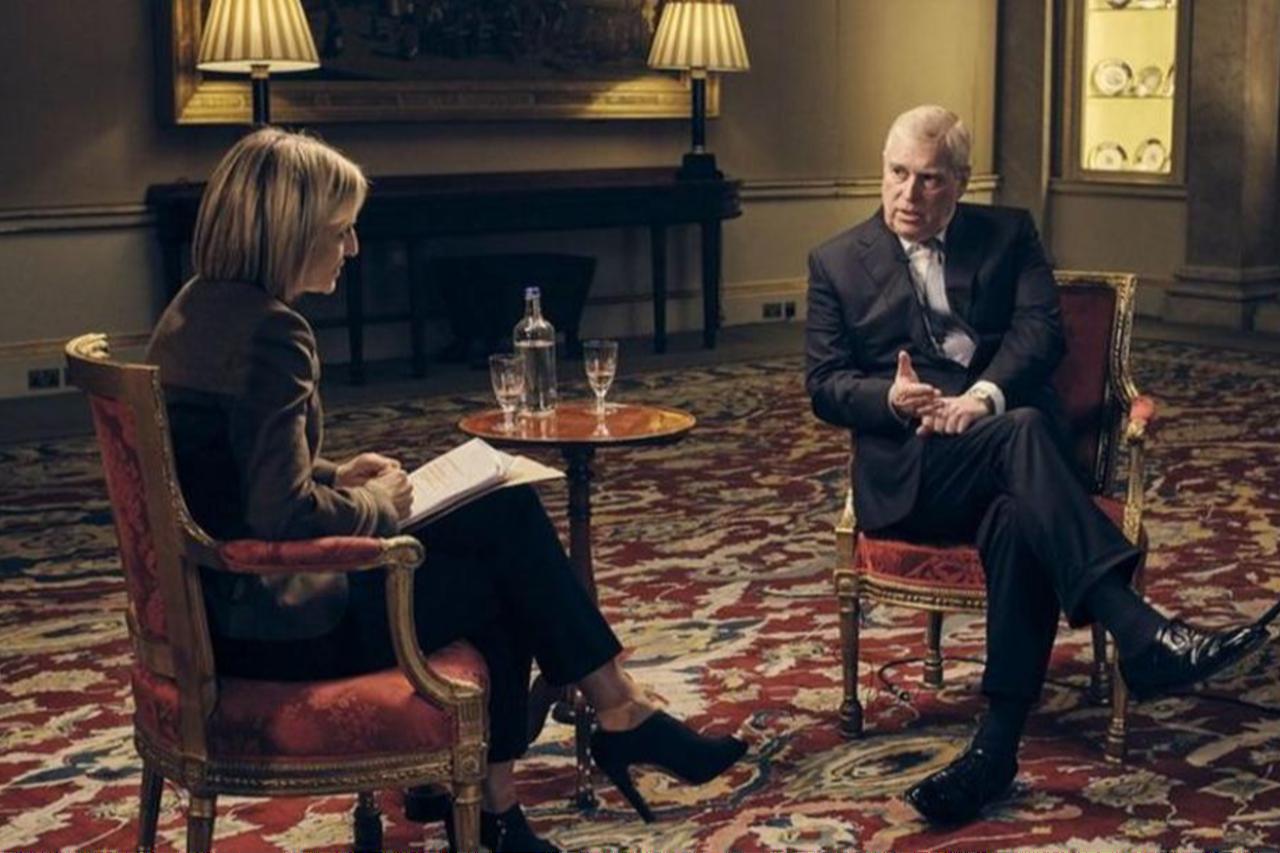
After years of mounting scandals and intense public scrutiny, Prince Andrew voluntarily relinquished his royal titles and honors in October 2025, marking a pivotal moment in both his personal and institutional narrative. He can no longer sign off as the Duke of York or append the postnominal “KG” for Knight of the Garter, titles that have carried centuries of chivalric tradition.
The Earl of Inverness and Baron Killyleagh were also removed from his list of honors, including the alias “Andrew Inverness,” occasionally used in business dealings.
Buckingham Palace sources described a “tipping point” reached after decades of controversies, particularly surrounding his long-standing association with convicted sex offender Jeffrey Epstein, opaque financial dealings, and the growing perception that his presence repeatedly overshadowed the work of the Royal Family.
By voluntarily stepping back rather than awaiting a formal stripping of titles by Parliament, Andrew preserved a measure of personal dignity while allowing the Palace to manage reputational risk internally.
After giving up his royal titles, Prince Andrew is facing renewed pressure from the U.S. Congress to testify about his ties to Jeffrey Epstein. Democrats on the House Oversight Committee want him to appear voluntarily or remotely.
Recent emails and Virginia Giuffre’s posthumous memoir continue to raise questions. In the UK, the Royal Family cited “serious lapses of judgment” and moved Andrew from Royal Lodge to a property on the King’s Norfolk estate. Despite stepping back, he remains under intense global scrutiny.
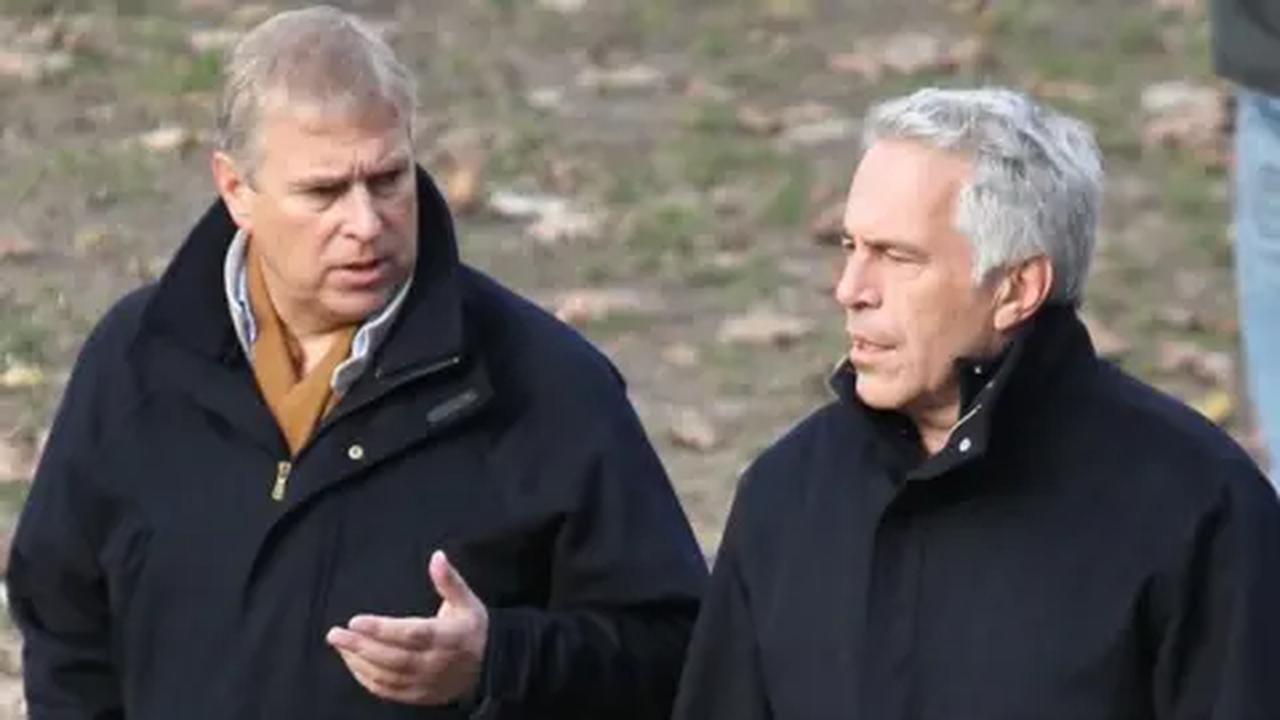
The controversy surrounding Andrew spans more than a decade. Private emails later revealed that he maintained contact with Epstein well beyond his publicly stated disassociation, directly contradicting his repeated claims. In 2015, Virginia Giuffre, one of Epstein’s accusers, reached a financial settlement with Andrew, ostensibly resolving the civil claim, yet questions about his conduct continued to simmer beneath the surface.
The 2019 BBC Newsnight interview, conducted by Emily Maitlis with editorial support from producer Sam McAlister, served as a critical inflection point. The BBC team spent weeks preparing, reviewing documents, legal material, and correspondence related to Epstein and Andrew.
Emily Maitlis’ approach was probing yet professional, designed to elicit clear answers regarding allegations of sexual misconduct and his association with Epstein. Behind the scenes, Sam McAlister coordinated access, questions, and fact-checking, ensuring the interview rested on verifiable evidence.
When broadcast, Andrew’s responses were widely criticized as evasive, lacking empathy, and inconsistent with documentary evidence. Analysts noted that the interview, intended to clarify his position, instead solidified global skepticism about his credibility and judgment, marking a watershed moment in public perception.
In 2025, Giuffre’s posthumous memoir reignited scrutiny, providing firsthand accounts of abuse and directly implicating Andrew. Her narrative, detailing Epstein’s predatory network and Andrew’s perceived sense of entitlement, echoed themes explored in Andrew Lownie’s biography, which had already challenged public assumptions about the Prince.
Previously undisclosed emails demonstrated that Andrew’s contact with Epstein persisted into October 2010, undermining his longstanding assertion that he had severed ties immediately. Similar disclosures regarding Sarah Ferguson, his ex-wife, who maintained some private contact with Epstein despite public statements of disassociation, further amplified scrutiny of the Royal Family’s broader entanglement in Epstein-related affairs.
This accumulation of evidence left the Palace facing a mounting crisis, as the narrative moved beyond speculation to documented fact, and public trust eroded steadily.
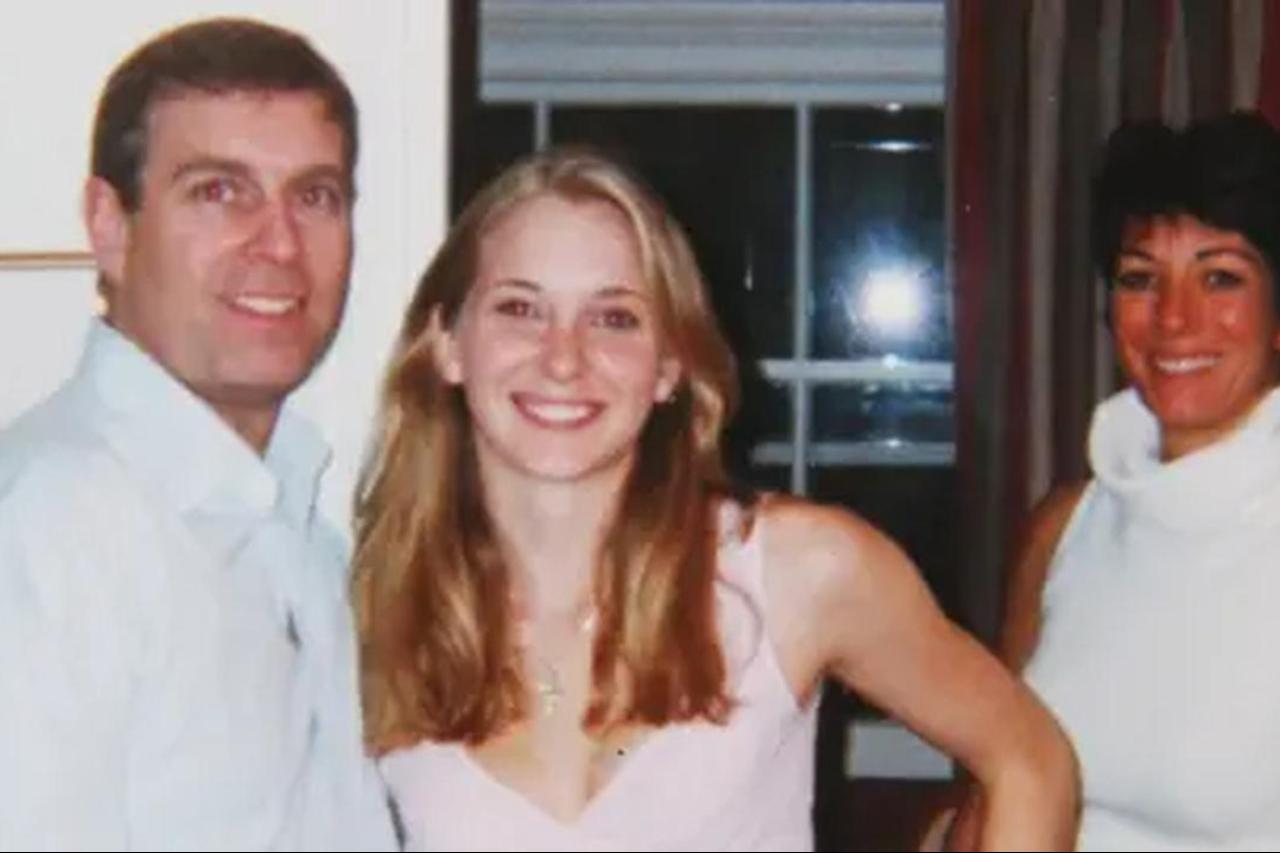
The mounting revelations placed extraordinary pressure on Buckingham Palace. Upcoming ceremonial and diplomatic engagements, including King Charles and Queen Camilla’s historic state visit to meet Pope Leo at the Vatican, heightened concern that Andrew’s personal controversies could overshadow official royal duties.
Royal sources described a “constant parade of headlines,” and Andrew was increasingly called a “Duke of Hazard,” drawing repeated negative attention. By giving up his titles voluntarily, he avoided parliamentary intervention and allowed the Royal Family to protect its reputation while maintaining continuity.
Public and political reactions were swift and reverberated internationally. In the United States, leading Democrats on the House Oversight Committee, pursuing the release of Epstein-related documents, welcomed Andrew’s decision as long overdue. Investigations revealed documents indicating that an “Andrew” received massages on Epstein’s private jet, linking the Prince to broader networks of wealthy and influential individuals allegedly shielding themselves from accountability.
In the United Kingdom, media coverage, editorials, and public commentary scrutinized Andrew’s insistence on innocence, highlighting contradictions between his statements and documentary evidence. Opinion polls indicated substantial disapproval of Andrew’s conduct, intensifying pressure on the Palace to act decisively without resorting to legislative measures.
Andrew’s retreat from public royal life does not entail complete withdrawal from family engagements. He continues to reside at Royal Lodge and maintains ties with his ex-wife, Sarah Ferguson, and their daughters, who retain their princess titles. Financially, he is responsible for his own support, having been previously cut off by King Charles.
He will abstain from attending ceremonial events, such as the Order of the Garter parades and the royal Christmas gathering at Sandringham, signaling a pronounced reduction in his public role while preserving continuity for the Royal Family.
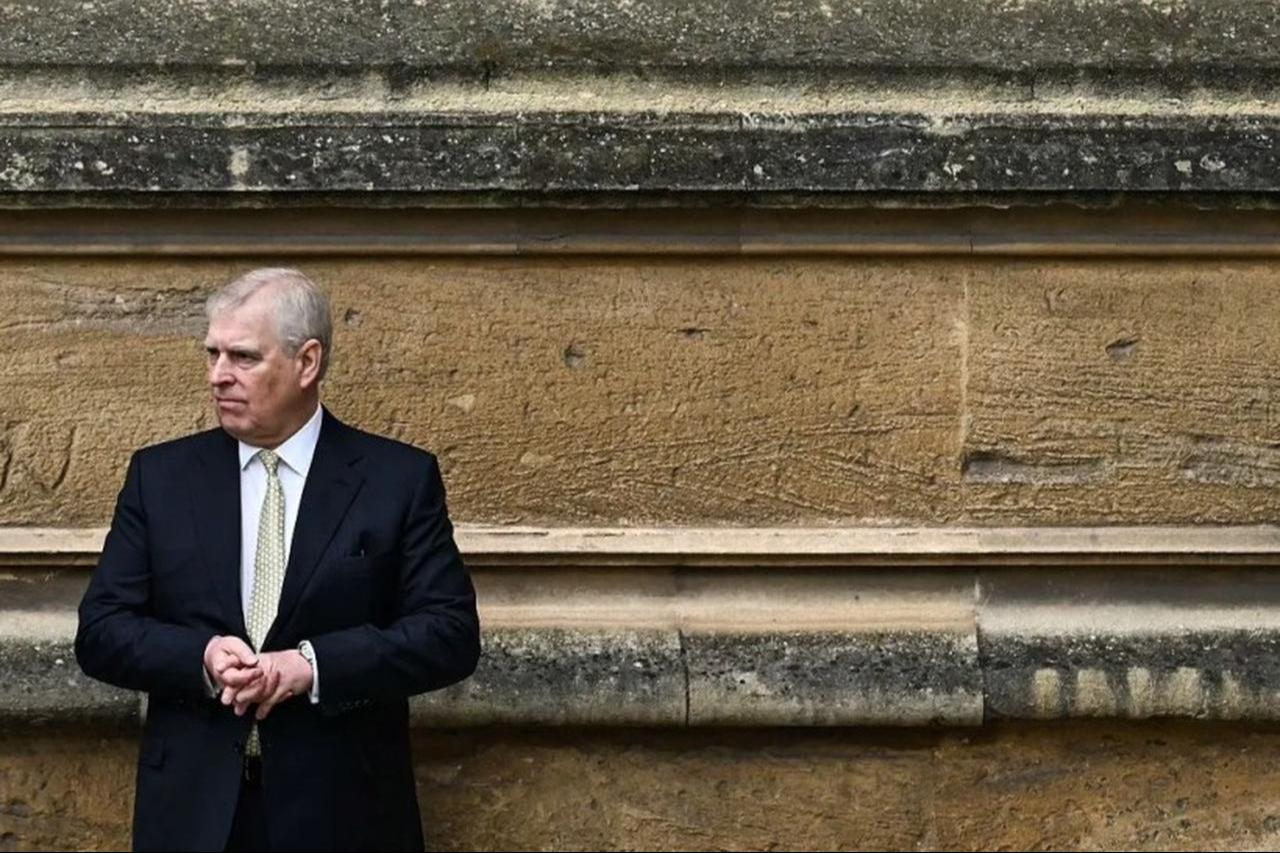
While Andrew maintains legal innocence in formal proceedings, relinquishing his titles symbolizes acknowledgment of reputational damage and societal pressure. The episode demonstrates how investigative journalism, political oversight, and public engagement in both the U.K. and the U.S. have decisively shaped accountability, ensuring that elite misconduct cannot easily be concealed.
The BBC Newsnight interview became a reference point for media scrutiny and public debate. The meticulous work of Emily Maitlis and Sam McAlister exemplified the editorial rigor required to hold a high-profile figure accountable. Their efforts also inspired renewed discussions around the 2024 film Scoop, which dramatizes investigative journalism uncovering hidden networks, paralleling the scrutiny applied to Andrew and emphasizing that prominence does not shield one from consequence.
Internationally, the response underscored Andrew’s wide-reaching impact. In the US, journalists and legal authorities consistently highlighted his connection to Epstein, situating him within a narrative of wealthy men leveraging influence to evade justice. Congressional oversight, particularly through the release of Epstein-related documents, ensured continued global attention.
In the U.K., media coverage, editorials, and public discourse emphasized the dissonance between Andrew’s assertions of innocence and documentary evidence, shaping public sentiment and Palace decision-making. Analysts argue that the combination of legal, social, and media pressures rendered Andrew’s prior status untenable, ultimately precipitating his voluntary step-back.
Andrew’s entanglement with Epstein was marked by several key developments. Emails from 2010–2011 revealed ongoing contact despite Andrew’s public claims of disassociation. In 2015, he reached a financial settlement with Virginia Giuffre, which resolved the civil claims but did little to change public perception.
The 2019 BBC Newsnight interview further amplified global skepticism about his credibility. In 2025, Giuffre’s posthumous memoir provided detailed firsthand accounts of abuse. Andrew Lownie’s biography dissected both personal and institutional misjudgments.
Additionally, Sarah Ferguson’s partial correspondence with Epstein highlighted the Royal Family’s broader entanglement in the affair.
The strategic timing of Andrew’s announcement, immediately before high-profile state engagements, illustrates the Palace’s priority in safeguarding institutional reputation while mitigating potential public embarrassment. By stepping aside voluntarily, Andrew avoided legislative complexity, preserved continuity for the monarchy, and delineated personal obligations from institutional duties.
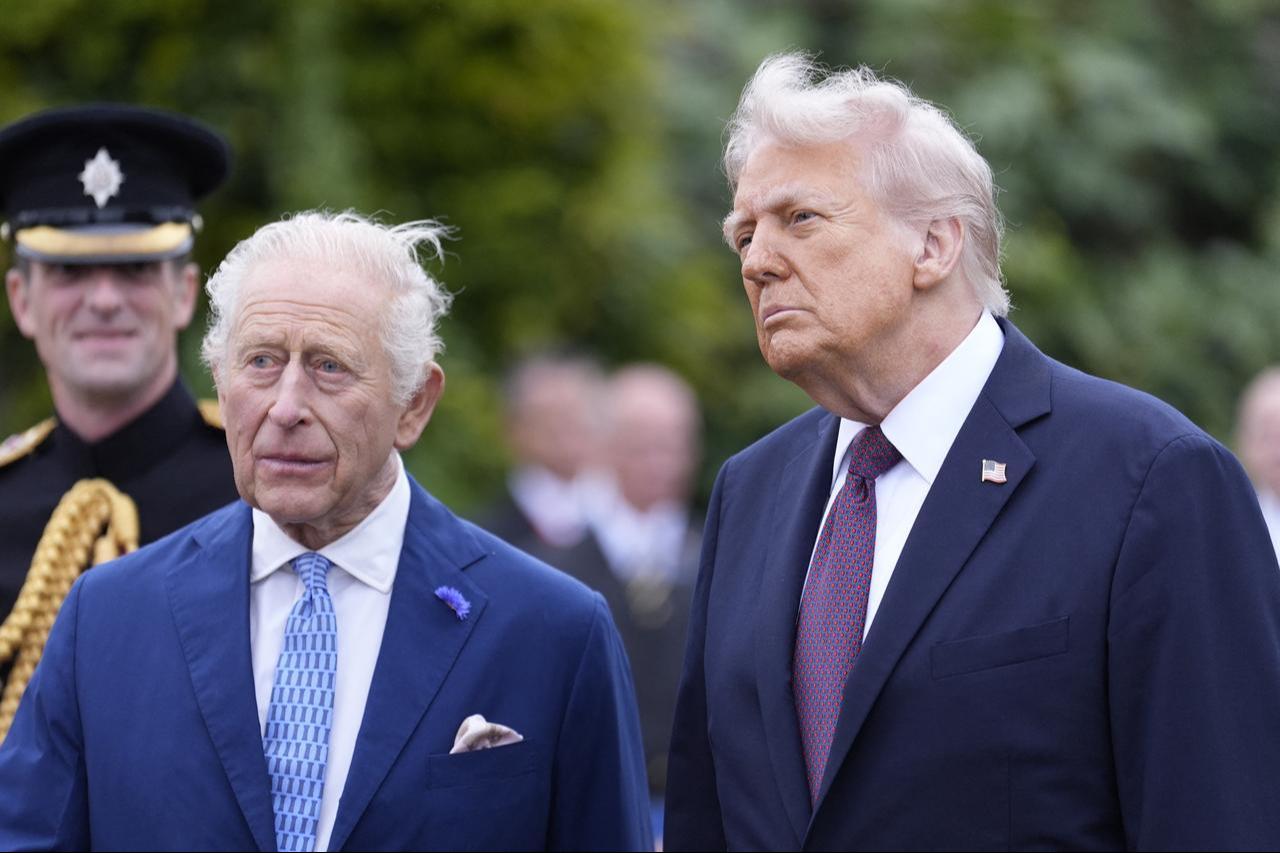
Prince Andrew’s relinquishment of titles in October 2025 represents the culmination of sustained legal, social, and institutional pressures. From the early revelation of private emails to the 2015 settlement, the 2019 BBC Newsnight interview, and Giuffre’s posthumous memoir, the narrative demonstrates how private actions of elite individuals intersect with global accountability mechanisms.
Responses in both the U.K. and the U.S. illustrate the transnational resonance of elite misconduct, emphasizing the roles of media, legal oversight, and public opinion in enforcing accountability. While Andrew maintains formal legal innocence, the voluntary step-back acknowledges reputational consequences and recalibrates his public role.
As the global audience absorbs these developments, one question lingers: can stepping away from titles truly end scrutiny, or does it merely open a new chapter in the ongoing saga of accountability for Prince Andrew